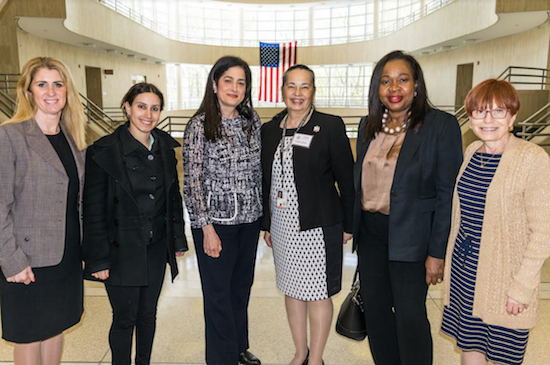Chief Judge Irizarry shares her story at Brooklyn Women’s Bar Association event

Chief Judge Dora Irizarry, of the U.S. District Court for the Eastern District of New York, knew from a young age that she wanted to become a lawyer. She wanted make a difference in people’s lives, but she didn’t realize that it would happen the way it did.
“From the time I was really little, like 9 years old, I always wanted to be an attorney,” said Irizarry. “I wanted to be a civil rights lawyer more than anything. I wanted to be the Puerto Rican, female Thurgood Marshall. That was me, but it didn’t happen. I did justice a different way.”
Irizarry told her story during the Brooklyn Women’s Bar Association’s “Lunch With a Judge” series that took place at the federal court last Friday.

Brooklyn Boro
View MoreNew York City’s most populous borough, Brooklyn, is home to nearly 2.6 million residents. If Brooklyn were an independent city it would be the fourth largest city in the United States. While Brooklyn has become the epitome of ‘cool and hip’ in recent years, for those that were born here, raised families here and improved communities over the years, Brooklyn has never been ‘uncool’.